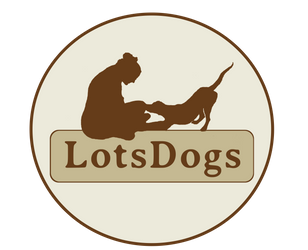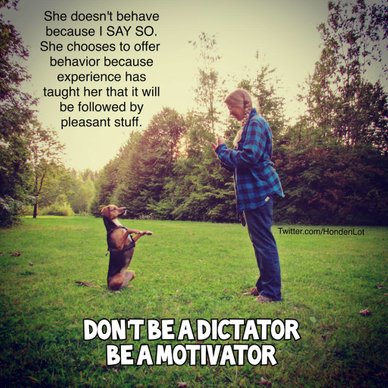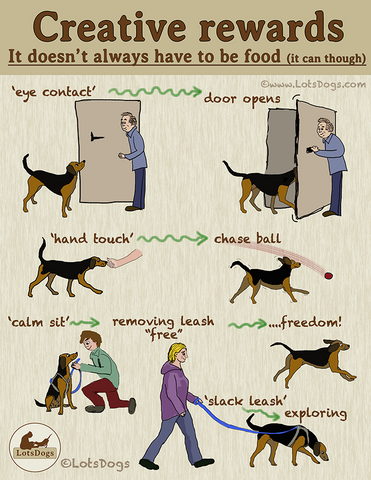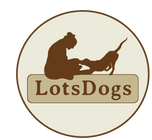Rewards
A reward or a reinforcer is anything that results in an increase of behaviour. Reinforcers/rewards can be used to motivate dogs to show certain wanted behaviours or to strengthen behaviours that are already being shown.
Most people think about food when we talk about rewarding dogs and this may very well be a great option, but behaviour can be reinforced by many different kinds of rewards.
It is the dog who teaches us what is rewarding
Dogs have individual preferences. Get to know your dog by offering different types of rewards to see what motivates your dog the most. If the behaviour does not increase after your reward, then the reward may not be salient/motivating enough (or you need to adjust you're timing). Some common options that many dogs find rewarding are:
- Food (test many types of food and your dog's behaviour will show you what 'works')
- Attention
- Affection
- Play (there are many different types of play and toys. Try and see what your dog prefers)
Rewards can also be things that directly address a dog's need. Two examples:
- Relief - The disappearance of something unpleasant (i.e. the postman leaving your property, could be rewarding to some dogs, resulting in an increase of distance increasing behaviours like barking)
- Access/Freedom (i.e. a dog would like to pass through a closed door. You could address this need by opening the door and use this as a reward for wanted behaviour, like making eye contact with you first, for example)
These examples can also be called 'functional rewards', because the outcomes are functional for the dog.
Rewarding consequences can strengthen the behaviour, but it can be a challenge for us humans to always understand exactly what is rewarding certain behaviours.
An example:
A human is walking his dog off lead and the dog shows interest in horse dung on the ground. The human responds by running towards the dog and shouting. This dog gets really excited and is happy he got the attention. The dog grabs some dung and dares the human to chase him…which he does... The dog has now discovered a great game. In the company of this human this dog will search for more horse dung on the roads to come.
The human may think that this dog finds horse dung rewarding, when the reward is actually the attention that follows.
The value of rewards can change
Dogs may find something rewarding in a certain context, but not in other context/environments. In example, a dog may be motivated to respond to your training inside the house while rewarding with dry dog treats, but once you go outside, there are many other rewards (playing with other dogs, exploring, etc..). In that environment, the dog may skip the dry treats and redirect behaviour towards earning other rewards.
The dog brain is constantly analyzing, anticipating and responding in ways that will benefit their own welfare the most. Therefore, you may need to upscale the value of rewards if you still want to be able to motivate your dog in highly rewarding environments. In example, leaving the dry dog treats at home and bringing freshly cooked chicken to the dog park. Or, if your dog prefers, bringing a flirt pole to the beach, so that your dog can be rewarded through a form of play that he or she finds more reinforcing than playing with other dogs. You will need to be creative!
Bribing or rewarding?
People who do not yet fully comprehend the concept of rewarding dog behaviour may tell you that using rewards in dog training is a form of bribing. Actually, it’s not (bribing is defined by 'dishonestly persuading a person to act in one's favor by offering gifts, money or other inducements', but dogs aren't humans).
No dog will respond to you just 'because you say so’. There is always an underlying motivation (and in many cases: learned consequenses) which serve (are functional to) the dog. This is something to think about: why is your dog responding? What is the underlying motivation when you analize it from a dog's welfare point of view? Some dogs may respond out of fear in order to protect themselves, other dogs may respond out of positive expectations for themselves. What would you prefer?
Dogs generally do things for their own good.
If you are afraid of 'bribing' your dog (again: we are talking about a dog, not a human), you could follow the below.
Bribing: always show the reward first, then ask the dog for behaviour and then offer the reward. These dogs may only respond if you show them the reward first. Some may call this bribing, but I call it smart.
Rewarding: the dog is asked to perform behaviour first and then, when it responds, an unexpected reward appears. This dog will keep responding, because a reward may come, even if she/he hasn’t seen it yet.
Science keeps confirming that reward based training offers the best (and safest!) results when influencing dog behaviour. Science has also shown that a so called ‘gambling’ effect can occur if a dog does not know when rewards can be expected. Unpredictable rewards may activate feelings in dogs that can be compared to the way humans feel when they have bought a lottery ticket. They don’t know if they are going to win, but the anticipation in itself is already rewarding. However, to achieve this effect it is vital that the dog does 'win' and achieve rewards frequently.
© LotsDogs | Written by Liselot Boersma, welfare consultant (PgDip CABW) and owner of LotsDogs, september 2015; translated in 2020. Copy paste of images or text is forbidden. Sharing the URL of this website is very much appreciated. Many thanks in advance.



